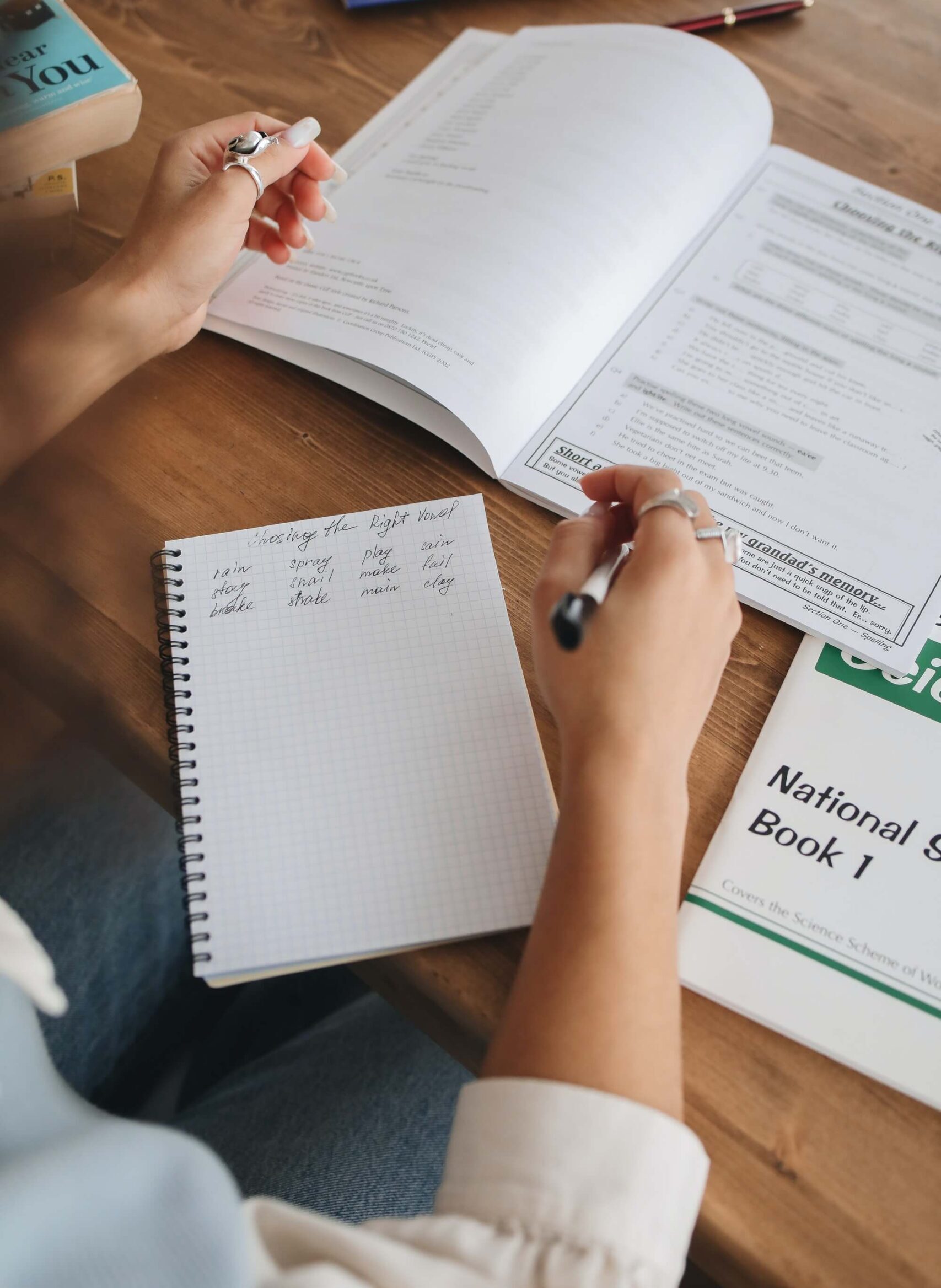Are you prepared for your IELTS tests?
Studying abroad gives college students the opportunity to study overseas and pick up new experiences in a foreign land. Many students who pursue their tertiary education overseas gain priceless experiences that shape them to be better individuals.

Witnessing a whole new culture in another country hits differently when you’re actually there. You learn to understand and respect the differences in each individual which in turn makes you a better communicator. There are plenty of career opportunities for foreign students, especially in positions that require an employee to be bilingual. Besides, students who study abroad have to live independently on foreign land, leading them to obtain a meaningful life experience.
Importance Of IELTS Tests
 Image source: Winspire Academy
Image source: Winspire Academy
To study abroad in countries with an English education system, you first need to master the language. The International English Language Test (IELTS) intends to help you develop a better understanding of the language in order for you to study, work, or migrate to countries where English is the native language (USA, the UK, Australia, New Zealand, and Canada). It also helps you to demonstrate a high-level ability to communicate in English. IELTS tests are designed to accurately and fairly assess an individual’s ability to read, write, listen, and speak in English. The exam is graded with a band score between 1 to 9, with 9 as the highest skill level on the scale. As a globally recognized English proficiency test, IELTS is considered the most popular test for college students planning to study in the UK, Australia, New Zealand, Canada, and US.
The score of your test indicates your ability to understand and converse in English, so it’s advisable to obtain a higher score to have better chances of studying abroad in English-speaking countries.
Here are some useful tips for you to pass your IELTS exam:
1) Fix Your Common Mistakes And Nail Your IELTS Tests
 Image source: Pexels
Image source: Pexels
Pay attention to your teacher’s comments and advice about your work. Correct them accordingly while taking note of common mistakes, especially in your writing and speaking assignments. Go through them regularly to make sure that you don’t repeat the same mistakes in revision and eventually, the real exam!
2) Use Real-World Materials

Image source: Pexels
Authentic real-world materials, such as podcasts, newspapers, the news, and magazines help to improve your reading and listening skills. You can familiarize yourself with the language while learning about current affairs. Take note of new words that you don’t understand and search for their meaning online or from a dictionary. You’ll find plenty of words that you can use in your written and spoken assignments and exams!
3) Record Your Speaking Practice

Image source: Pexels
When you speak English, listening to your own pronunciation, accent and grammar is very important. A great way to give yourself feedback is by recording yourself. Make daily or weekly vlogs (video logs) about any topics that you want to talk about: the weather, your favourite book, your journey in learning English, and even your favourite food! It doesn’t have to feel like a stressful assignment; the key is to have fun while you’re speaking English!
4) Practise Writing
 Image source: Pexels
Image source: Pexels
To improve your written English, you can first start with your own journal. Jot down details of your day in your journal using proper grammar and sentence structure. Then, read your journal again and correct the mistakes, if there are any. As you get better in writing full English sentences, you can move on to short stories and essays.
5) Improve Vocabulary

Image source: Pexels
Having a strong vocabulary and grammar helps you to do well in all aspects of IELTS. One quick and sure way to improve them is by reading. The more you read, the more you’re exposed to different words and their usage. When you learn a new word, don’t just stop at its meaning. You should also understand how it can be used and expressed in different sentences so you can write and speak well.
6) Be Consistent with Your Efforts

Image source: Pexels
You should put in consistent effort when learning English. As you prepare for your IELTS tests, create a schedule and stick to it. This keeps you disciplined and organized, which ensures that you get enough practice before sitting for the test. Besides, you should always attend your classes and complete your homework. Remember to be persistent!
7) A Little Goes a Long Way
 Image source: Pexels
Image source: Pexels
Learning a new language can feel intimidating. However, you can always start small with simple exercises to ease you into the learning process. Commit to short assignments that you can complete on a daily basis, and have a native English user to assess your work. Your efforts will eventually pay off when you sit for the exam!
We can help with your applications to study abroad. Contact us at +60 11-2069 9087 or drop us an email at [email protected].




 Image source:
Image source:  Image source: Pexels
Image source: Pexels

 Image source:
Image source: 

 Image source:
Image source: 















